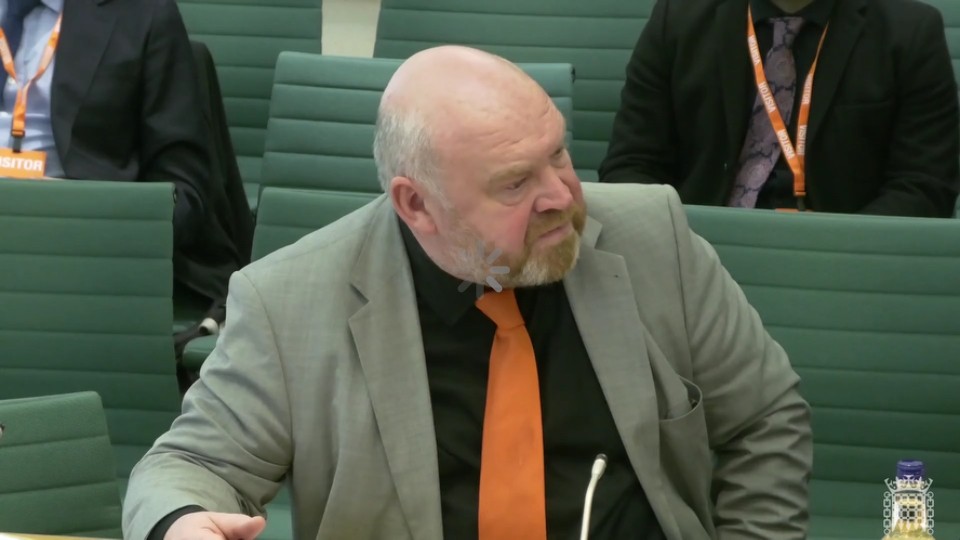Somerset Council Leader, Bill Revans, has welcomed the findings of a new cross-party report calling for an overhaul of the “broken” funding model for local government.
Cllr Revans joined local government leaders from across the country in March at Parliament to put the case for a better deal for councils nationwide.
He represented Somerset and appeared before the Housing, Communities and Local Government Select Committee at Westminster that considered whether the model is fit for purpose as the Government seeks to reform local government funding.
The report, which has now been published, says:
Local authorities are being asked to deliver more than ever before, but they have not been given adequate funding to allow them to do so, even with their ability to increase council tax.
Residents are seeing a deterioration in the services they rely on, while being asked to pay more and more in taxes. This broken link between tax and service quality has led to both a growing dissatisfaction among residents and a danger to the democratic process in this country.
The financial strain on local government is driven almost entirely by mandatory, high-cost, demand-led services, and councils have little control over that demand.
Cllr Revans said he welcomed the report’s findings that reform or replacement of Council Tax should be a Government priority and that mandatory, high cost services such as social care and provision for children with special education needs and disabilities (SEND) are putting overwhelming pressure on councils and needed urgent reform.
The report just confirms very clearly what we in Somerset – and other local authorities – have been saying for a very long time. The system is broken and we simply cannot go on without urgent action.
I also welcome the statement that central government must learn to ease its grip and let councils have more power to control their own affairs, accountable not to Westminster, but to their own local electorates.
Cllr Revans had told the committee that funding from central government had almost halved in recent years – down by 40 per cent – and that it was not realistic to expect Council Tax income to pay for essential services such as social care for adults and children.
Somerset applied for – and was successful – in gaining Exceptional Financial Support (EFS) measures offered by the Government, which includes increasing Council Tax by 7.49% – above the referendum limit of 4.99% – and a capitalisation direction of £43m. Capitalisation direction is a form of one-off assistance which allows the Council to finance everyday revenue costs by selling assets or borrow money.
Cllr Revans said:
But 31 councils applying for EFS no longer makes it exceptional. It’s welcome because we can manage our own affairs but incredibly difficult because our residents are having to pay more while seeing less services.
The Committee heard from council leaders in Derbyshire, London, and the Chair of Local Government Association Economy and Resources Board.

